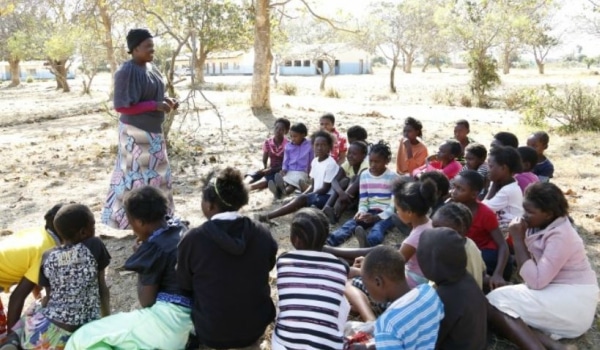
by Karen Austrian, Erica Soler‐Hampejsek, Zoe Duby, Paul C Hewett
Studies in Family Planning 5 August 2019 DOI: 10.1111/sifp.12100 (Free access)
Abstract
Pregnancy among adolescent girls in Zambia is a significant concern on its own and as a factor in school dropout and early marriage, with one‐third of girls aged 15–19 having experienced pregnancy. Using qualitative and quantitative data from the Adolescent Girls Empowerment Program, we explore transactional sex as a driver of adolescent pregnancy. In qualitative interviews, transactional sex was repeatedly discussed as the main driver of pregnancy, as respondents indicated that when a girl feels that she “owes” a man sex, it prevents her from declining sex or using condoms. In addition, multivariate Cox proportional hazards models using four rounds of longitudinal data from a sample of unmarried and never pregnant adolescent girls (n=1,853) show that girls who have engaged in transactional sex face a hazard of first premarital pregnancy almost 30 percent greater than their peers who have not, independent of the effect of other risk‐related sexual behaviors such as condom use and number of sexual partners. Identifying and understanding the role of transactional sex in adolescent pregnancy is important for designing effective curricula and programs that delay pregnancy, and highlights the importance of addressing access to economic resources in adolescent health outcomes.
From the introduction
Several key determinants of adolescent pregnancy in sub‐Saharan Africa can be identified in the literature. One analysis of three countries in East Africa – Kenya, Tanzania, and Uganda – found that poverty, lack of education, and low literacy were strongly associated with adolescent motherhood. Other factors such as early sexual debut and not being raised by a biological parent were associated with higher odds of pregnancy in adolescents in South Africa
While there is a growing literature on transactional sex, there is little that looks at the role of financial and material exchange within adolescent sexual relationships as a predictor of pregnancy. Many studies have identified transactional sex as associated with factors such as increased HIV infection, gender‐based violence, low education, and low socioeconomic status
A recent review of the literature suggests that a more multi-component paradigm through which to understand transactional sex be used, including “sex for improved social status” and “sex and material expressions of love” in addition to “sex for basic needs”…
PHOTO: AllAfrica.com, by Jessica Lea/Department for International Development/Flickr, 2 July 2019



